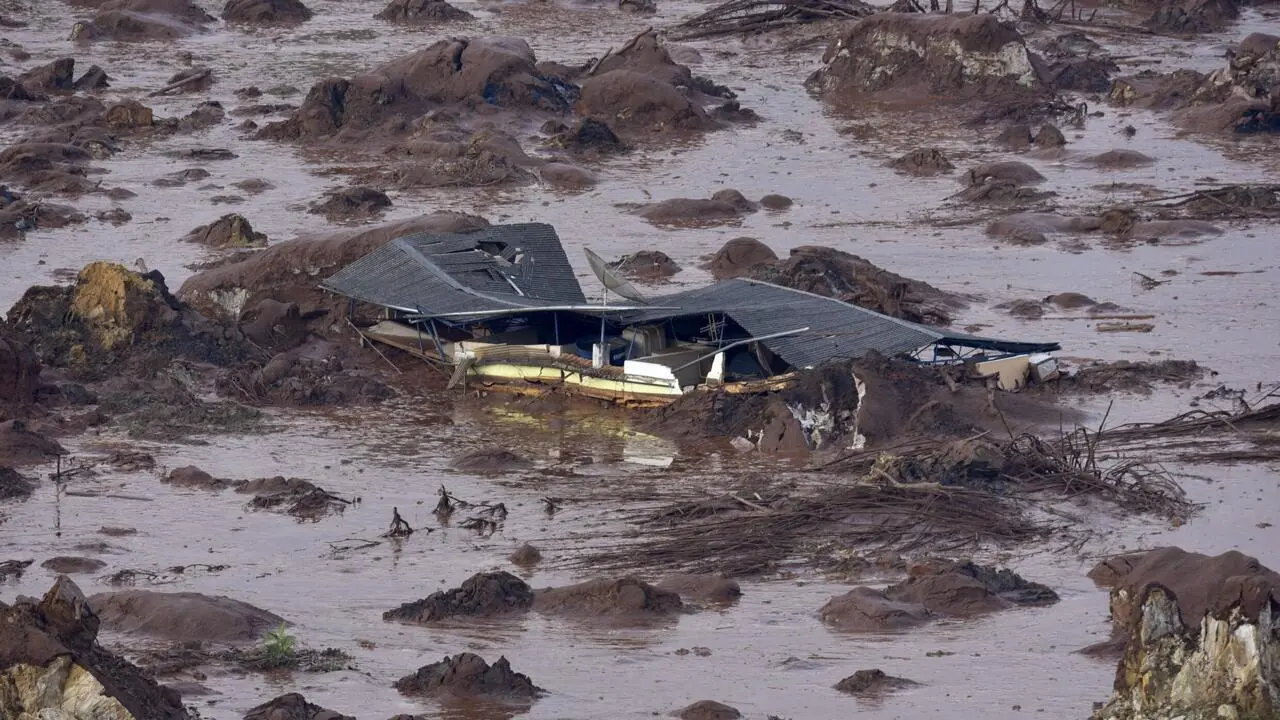President Luiz Inacio Lula da Silva attended the signing of the deal over the November 5, 2015 collapse of a tailings dam at a mine in the southeastern town of Mariana, which triggered a giant mudslide. The river of mud swamped villages, rivers and rainforest, killing 19 people on its way to the sea.
“I hope the mining companies have learned their lesson: it would have cost them less to prevent (the disaster), much less,” Lula said at the ceremony attended by representatives of Brazil’s Vale and Australia’s BHP, co-owners of the Brazilian company Samarco that operated the iron mine.
The agreement, which Lula declared to be the biggest environmental payout in modern history, comes on the fifth day of a separate mega-trial in London over BHP’s role in the dam’s failure. More than 620,000 complainants, including 46 Brazilian municipalities and several Indigenous communities, are seeking an estimated £36 billion ($47 million) in damages in the civil trial.
BHP denies responsibility. The company said Friday that the agreement reached in Brasilia did not end the lawsuits pending against the companies, nor prevent others being taken.
The dam’s failure released a torrent of over 40 million cubic meters of highly toxic sludge, the equivalent of 12,000 Olympic swimming pools, which coursed through the Doce River all the way to the Atlantic Ocean, over 600 kilometers (373 miles) away.
“The agreement marks a new moment of hope for the people,” said Brazil’s Attorney General Jorge Messias, who represented the Brazilian state and local authorities in the negotiations. But some of the victims said they felt the mining giants got off too easily.
In London, the head of the law firm representing the complainants, Tom Goodhead, said the agreement “only serves to underline exactly why the proceedings in the English courts are so critical.” “The victims have not been consulted about the agreement and part of the reparations will be spread over 20 years,” he said.
BHP says it cannot be held responsible because it did not own or operate the dam.



Back in 2011, I with my young family took a local bus north from Mariana, which diverted through several villages including that one Bento Rodrigues just below the dam, soon to be washed away. Through gaps in the trees we could glimpse those huge orange lakes just behind earth dams - it was obvious even to a casual tourist that it was a disaster waiting to happen. But the bus was run by the mining company, like all services around there, I suppose that’s why people didn’t complain more.
By the way I was told Brazil didn’t even make much from iron mines, as most of raw ore was exported to China, which got the real value.